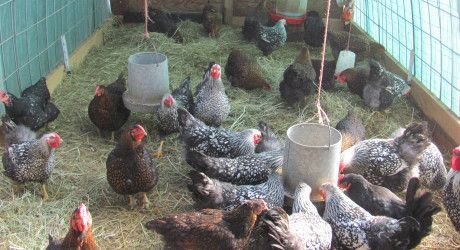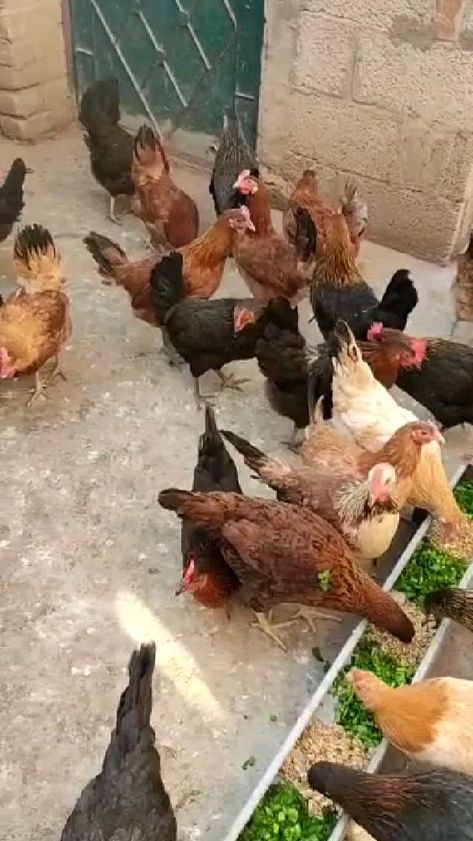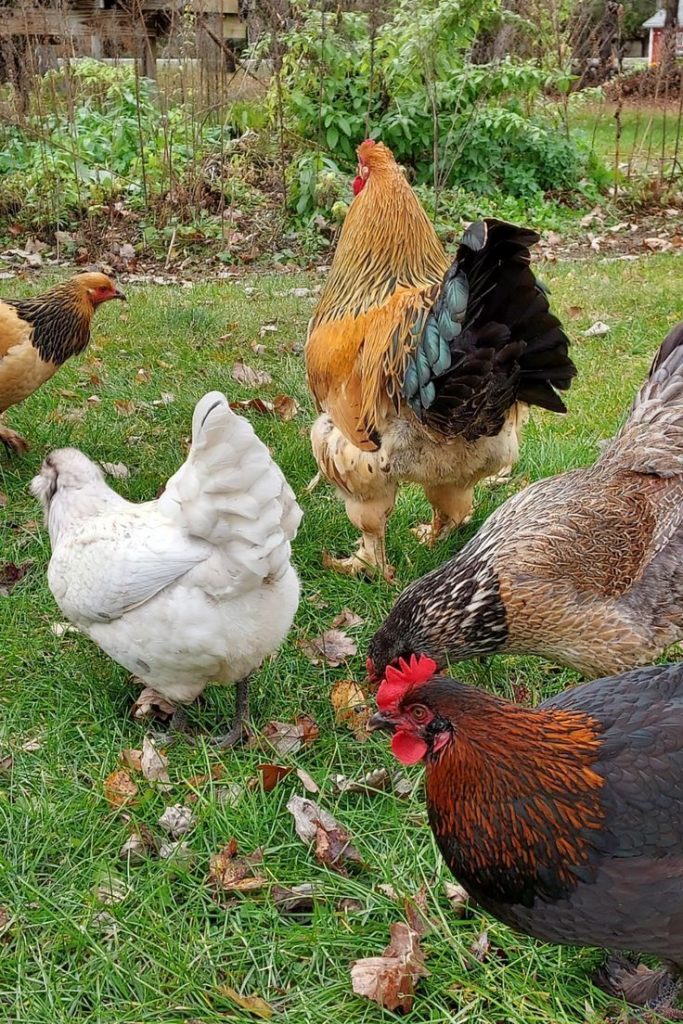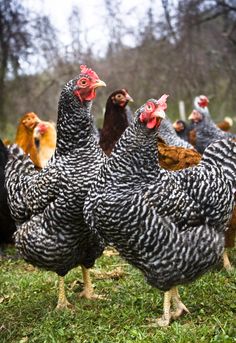Raising local chickens, often referred to as backyard chickens or indigenous chickens, is a rewarding endeavor that can provide fresh eggs, meat, and even companionship. To ensure your chickens thrive and remain healthy, it’s crucial to create an optimal environment for them. Here are some essential tips to help you establish a healthy environment for your local chickens.
1. Adequate Housing
Design and Space:
- Ensure your chicken coop is spacious enough to allow for natural behaviors such as pecking, scratching, and dust bathing. A general guideline is to provide at least 2-3 square feet per chicken inside the coop and 8-10 square feet per chicken in the outdoor run.
- The coop should have good ventilation to prevent the buildup of ammonia from chicken droppings, which can lead to respiratory issues.

Protection:
- Secure the coop with sturdy materials to protect chickens from predators like foxes, raccoons, and birds of prey. Consider using hardware cloth rather than chicken wire for added security.
- The coop should be elevated off the ground to prevent moisture buildup and deter rodents.
2. Clean and Comfortable Bedding
Bedding Material:
- Use materials such as straw, pine shavings, or sand for bedding. These materials help absorb moisture and reduce odor.

- Regularly change and clean the bedding to maintain a dry and hygienic environment. Wet and soiled bedding can lead to health problems like foot infections and respiratory issues.
3. Nutrition and Clean Water
Balanced Diet:
- Provide a balanced diet that includes a mix of commercial poultry feed, grains, vegetables, and occasional protein sources like mealworms.

- Supplement their diet with grit, which helps chickens digest their food properly.
Clean Water:
- Ensure a constant supply of clean, fresh water. Clean the water containers regularly to prevent the growth of algae and bacteria.

- In hot climates, place water containers in shaded areas to keep the water cool and refreshing.
4. Proper Lighting
Natural Light:
- Chickens need natural light to regulate their laying cycles and overall health. Ensure the coop has windows or openings that allow natural light to enter.

- For optimal egg production, chickens require about 14-16 hours of light per day. In areas with shorter daylight hours, consider using artificial lighting to supplement.
Not to mention, our company can help you to start by giving you all the necessary information you need to get started if not yet in the business. Please check our online shop, we have all the standard business proposals for different capacities at very a cheap price made by the best agricultural specialists as well as Standard design plans that are made by the best agricultural architects around the globe. please visit our online shop now using the links below to witness by yourself
Design plans (FARM HOUSE DESIGNS – Kimd Construction & Farm Consultants)
Business plans (BUSINESS PLANS & PROPOSALS – Kimd Construction & Farm Consultants)
Welcome back from visiting our shop, hope you have placed your order for any of our products or you can place it after navigating more of our informative articles.
So let us continue with the article!
5. Health Management
Regular Health Checks:
- Regularly check your chickens for signs of illness or injury. Look for symptoms such as lethargy, abnormal droppings, and changes in appetite or behavior.
- Vaccinate your chickens against common diseases and provide necessary treatments for parasites like mites and lice.
Biosecurity Measures:
- Implement biosecurity measures to prevent the introduction and spread of diseases. Limit visitors to your coop and ensure they disinfect their shoes and hands before entering.
- Quarantine new chickens for a few weeks before introducing them to the existing flock to monitor for signs of illness.
6. Enrichment and Social Interaction
Mental Stimulation:
- Provide enrichment activities such as perches, dust baths, and foraging opportunities to keep your chickens mentally stimulated and reduce boredom-related behaviors like feather pecking.
- Allow chickens to free-range in a safe and secure area. This promotes natural behaviors and provides a varied diet from insects and plants.

Social Interaction:
- Chickens are social animals and thrive in the company of others. Keep at least three chickens together to promote social interaction and reduce stress.

Conclusion
Creating a healthy environment for your local chickens requires attention to their housing, diet, health, and overall well-being. By providing a clean, secure, and stimulating environment, you can ensure your chickens remain happy and productive, contributing to a sustainable and rewarding backyard farming experience. Whether you’re raising chickens for eggs, meat, or as pets, these tips will help you maintain a thriving flock.
Explore more about how to get millions from goat farming business.



